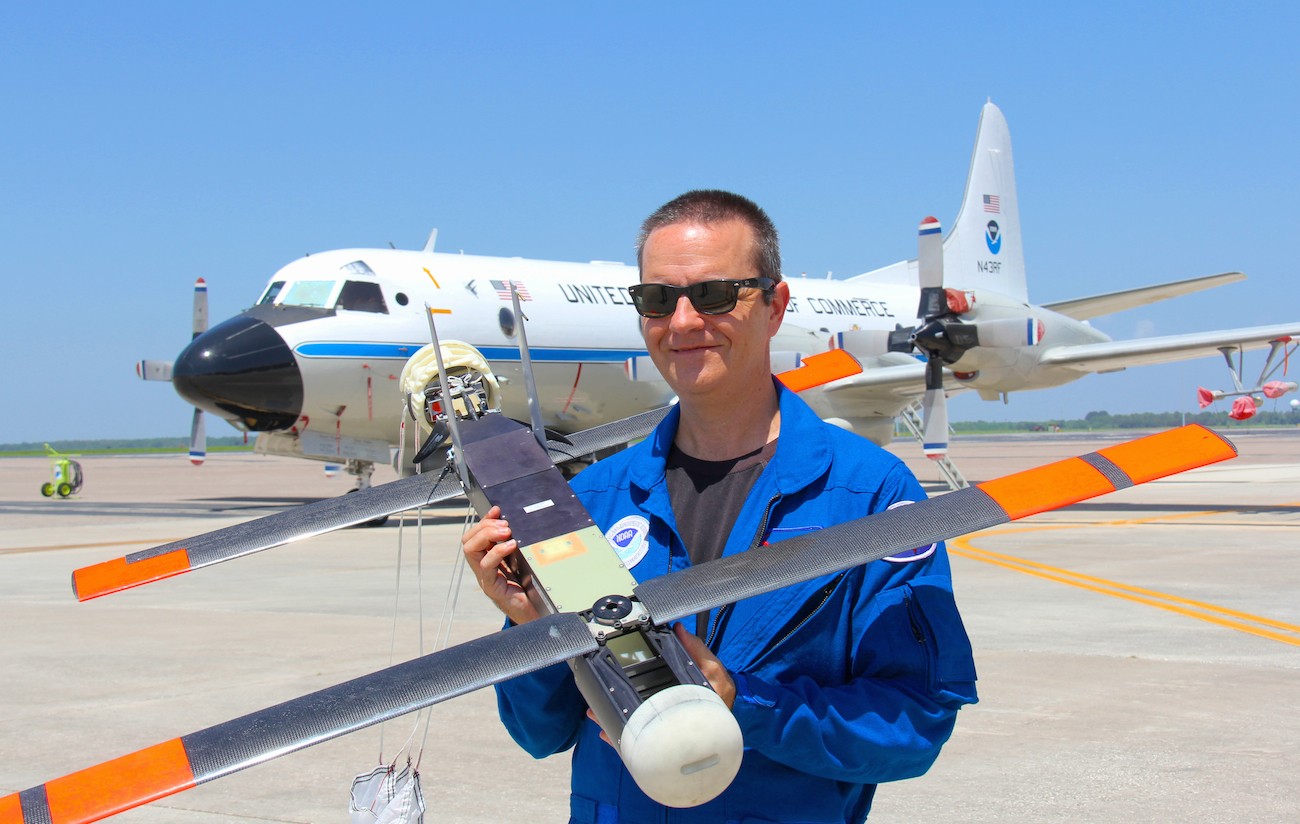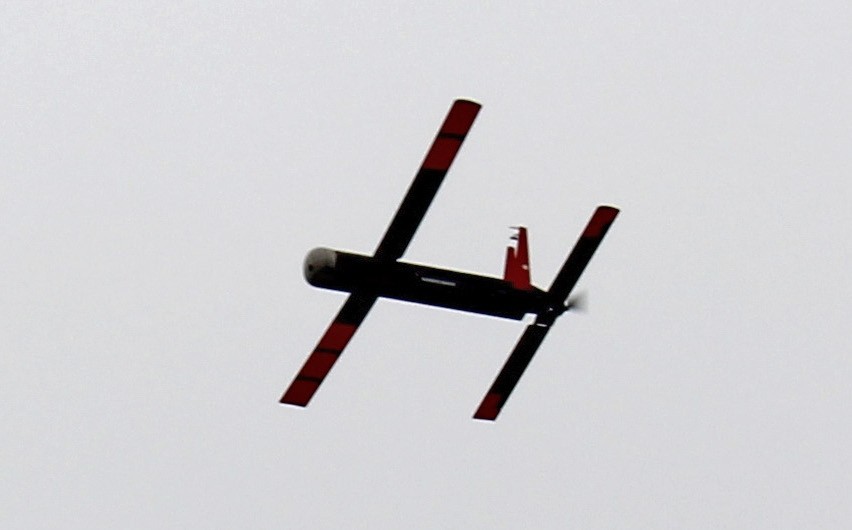NOAA and Raytheon Team Honored for Using Coyote UAS in Hurricane Research
NOAA AOML scientists attended the Aviation Week and Science Technology Laureate Awards in Washington D.C. to receive Aviation Week magazine’s prestigious Laureate award for Dual Defense Use. The NOAA/Raytheon team was recognized for using Raytheon Coyote Unmanned Aircraft Systems (UAS) to track and model hurricanes.



